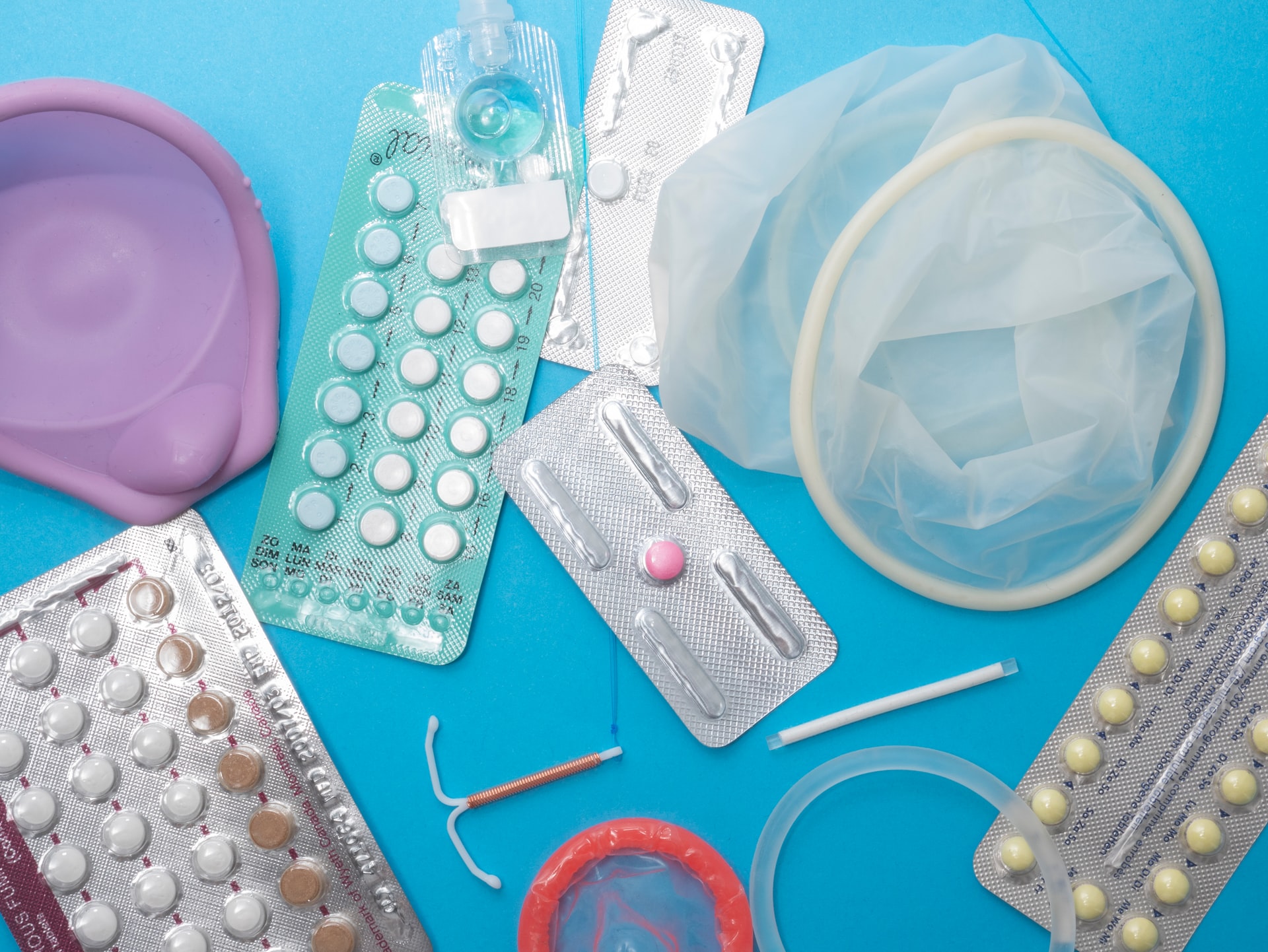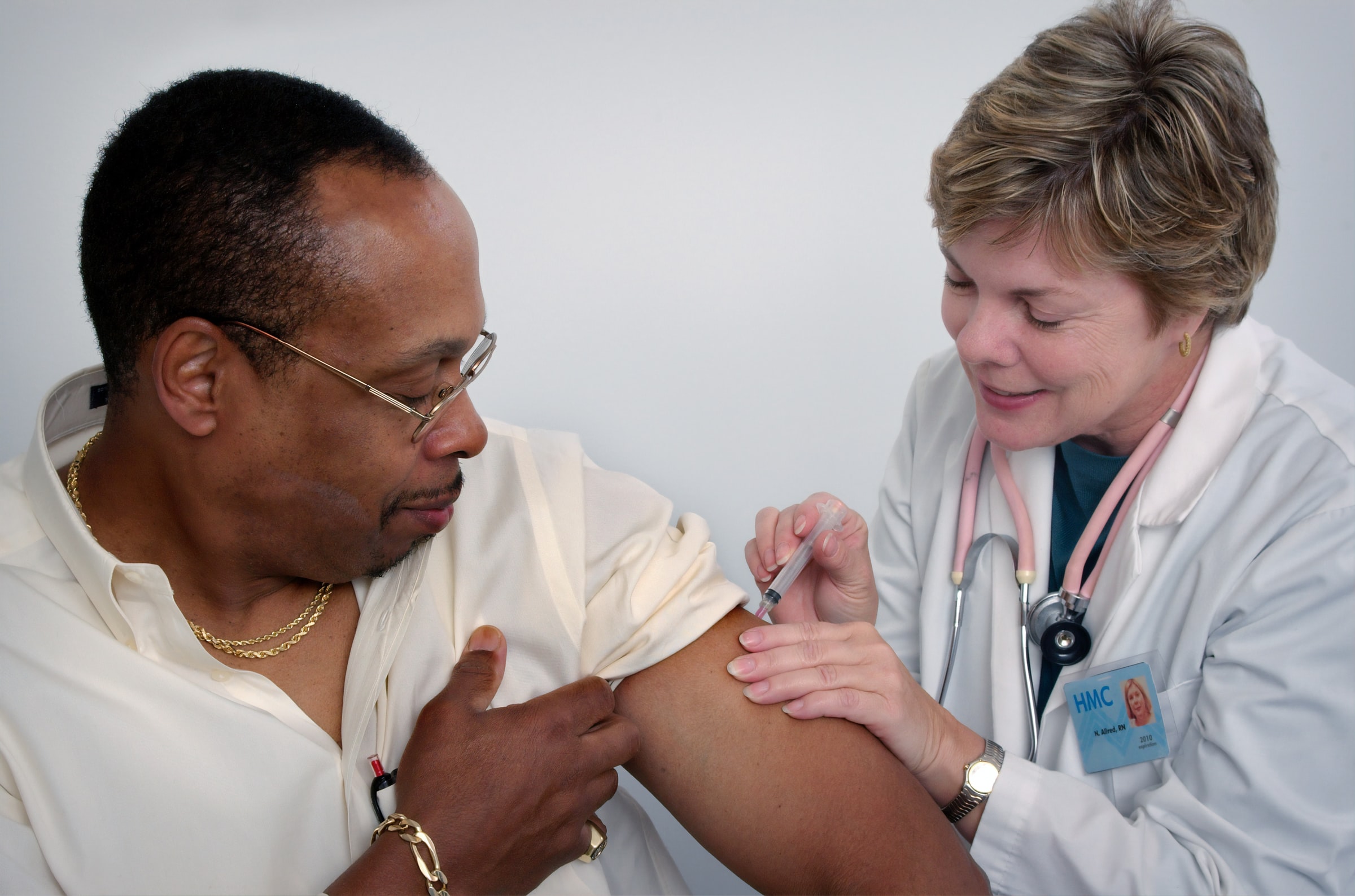More men experienced mental health crises and suicidal ideation during the pandemic lockdown than in previous years, according to a recent mental health report from the Center for Disease Control (CDC). Social isolation and environmental stress also led to a rise in substance abuse— a common coping mechanism for many depressed and anxious men. ...Continue reading
Category: Disparities
The Invisible Pain of Inequality
Physical pain brings little judgement from others upon the person suffering. A man’s strength does not come into question when he grimaces in pain from his broken leg. The content of his character and his place within his community do not stand in judgement as he struggles to recover. Yet what of injuries that...Continue reading
Casualties in the War on COVID
Dear Healthy Men: You’ve written several columns about the effect that COVID-19 has had on men. What about women? I’ve read recently, for example, that women are being affected disproportionately in the war on COVID because most of the jobs that have been lost were held by women. As Hillary Clinton once said, “Women have...Continue reading
Moving Forward: Working to End the HIV Epidemic
This June marked 40 years since the first cases of what is now known as HIV, then AIDS, were reported by CDC. We have made great progress in HIV testing, prevention, and treatment in the last four decades. Reductions in the number of people that get HIV likely reflect more access to HIV prevention tools...Continue reading
Booster Vaccinations: An Important Tool to Continue COVID-19 Protection
Men’s Health Network (MHN) applauds the recommendations from CDC and NIH announced on August 18, 2021, to make COVID-19 booster vaccinations available for those who are at higher risk of COVID-19 infections, including nursing home residents, health-care providers, and those over 65 years of age. These were the majority of those to first get vaccinated...
Leading Causes of Death and Greater COVID-19 Impact on Men in the U.S.
As life starts to return to a “new” normal from the COVID-19 pandemic, we are coming to a point where the number of COVID-19 cases are increasing, but more and more individuals are able to receive the COVID-19 vaccine in the U.S. Over the course of the pandemic, we have seen COVID-19 take the lives...Continue reading
Dole’s career distinguished by efforts on behalf of men’s health
With his usual directness and humility, former Kansas senator and Republican presidential candidate Bob Dole, 97, announced in February that he is suffering from lung cancer. It was the second time he had announced a cancer diagnosis, but less exceptional than the first time. In 1991, his office released the news that he had undergone...
Why Is Emotional Health Stereotyped as a Woman’s Issue?
The age of social media has seen the normalization of various aspects of life previously considered taboo. A primary example of this is mental health awareness. Instagram and Twitter are overflowing with examples of females (some with large followings) sharing vulnerable stories about their struggles with depression, anxiety, and more. They openly discuss their journey...Continue reading
A Worried Mind: COVID-19 Wreaks Havoc on Men’s Health
The onset of the pandemic in 2020 led to a substantial increase in mental health challenges. In their August 2020 report, the Centers for Disease Control (CDC) reported that the “prevalence of symptoms” of anxiety and depression were more than three times higher than they were a year before. Roughly 40% of respondents to their...
Indigenous Erasure Places Natives in the Path of Pandemic Hardship
The COVID-19 pandemic has overwhelmed minority communities chronically neglected by the healthcare system. The incalculable impact on Alaska Native and American Indian (AN/AI) communities exemplifies all too well the consequences of indigenous erasure on pandemic resiliency and recovery.










